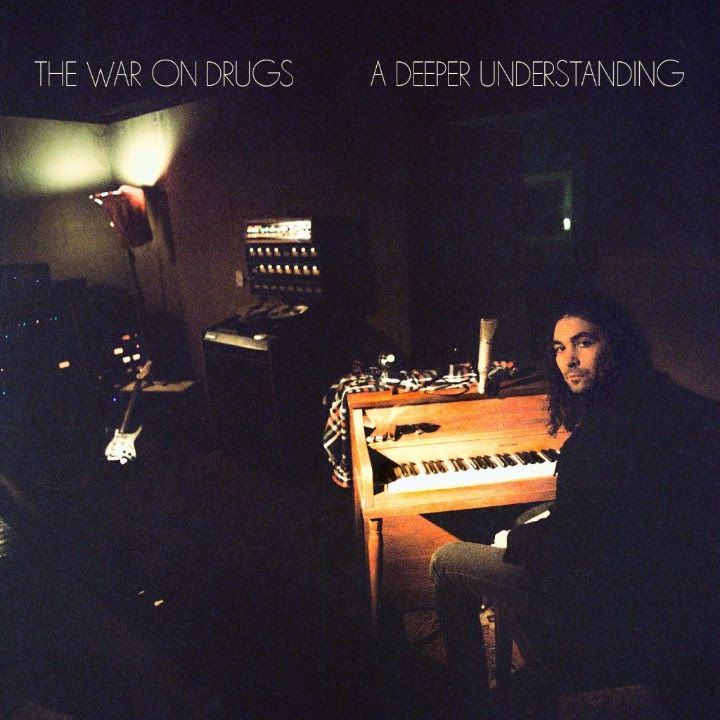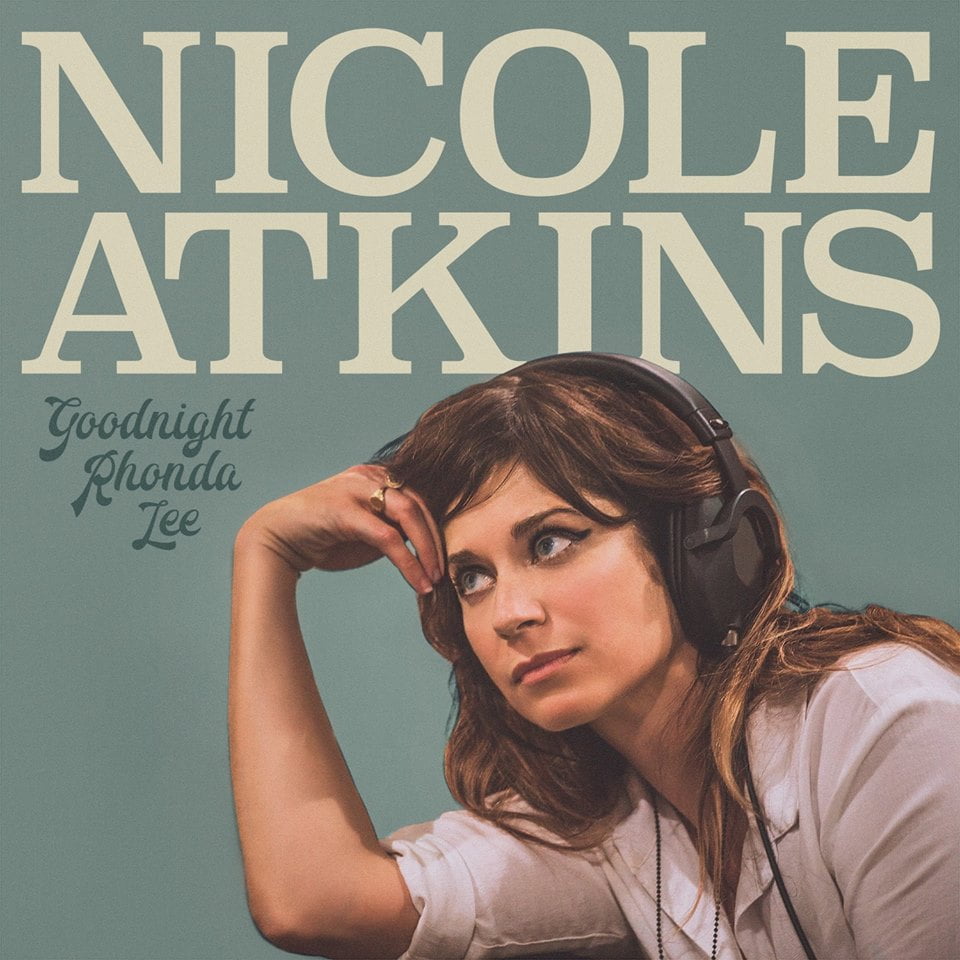The idea of an “anchor” is one of perfect duality, especially when it comes to song: An anchor keeps you from drifting away, but it also holds you back from moving along with the tide. We all drop anchors at one point or another — we might buy a house or get married, go to college, have children, just settle into the purest versions of ourselves. And sometimes, the anchors grab us, keeping us cemented to a spot we never really wanted to be in the first place, like a small town or a job that didn’t feel quite right but came along just to pay the bills. These weights are the steady pull of adulthood and can heal us just as much as they can hurt us. But inertia doesn’t always have to be about simply plummeting forward. There’s so much to be learned by just standing still. Even motionless, we can grow.
This is the lesson of Will Hoge’s Anchors, an album about recognizing the layers of beauty that come with the subtle gloss of maturity — growing old with a loved one in a romance that might not always be perfect, watching the world bloom new while our skin starts to wrinkle, and learning to enjoy the permanent frays on the fabric of who we are or thought we might be. Hoge’s always studied how small towns and flawed but flourishing relationships can be the most complex of anchors, and he tackles this again on the title track, set to a tale of two lovers running to their future while being snagged by the weight of the past. “Oh, the sins of the father drag like anchors on the kids,” he sings. Like rips on the ocean floor, our upbringing can be washed over with waves and shifted in the sand, but it’s always a part of our story. Like in “Anchors,” it’s up to us if we want to break free and drag that broken rope or learn to live more comfortably in its confines.









